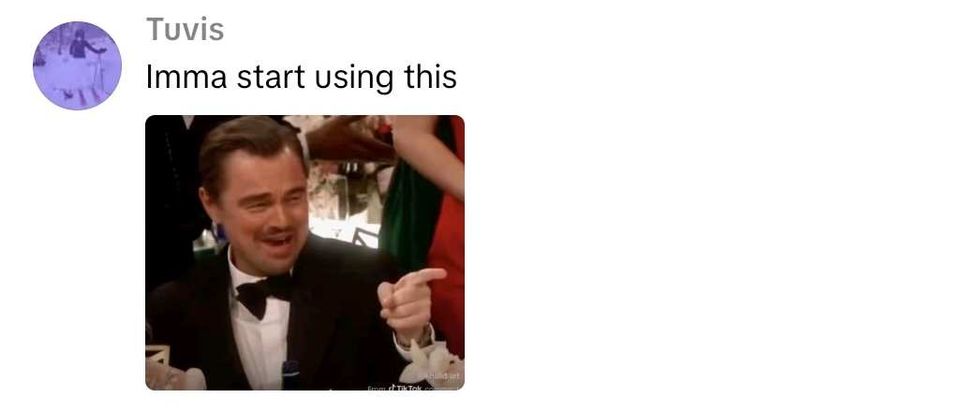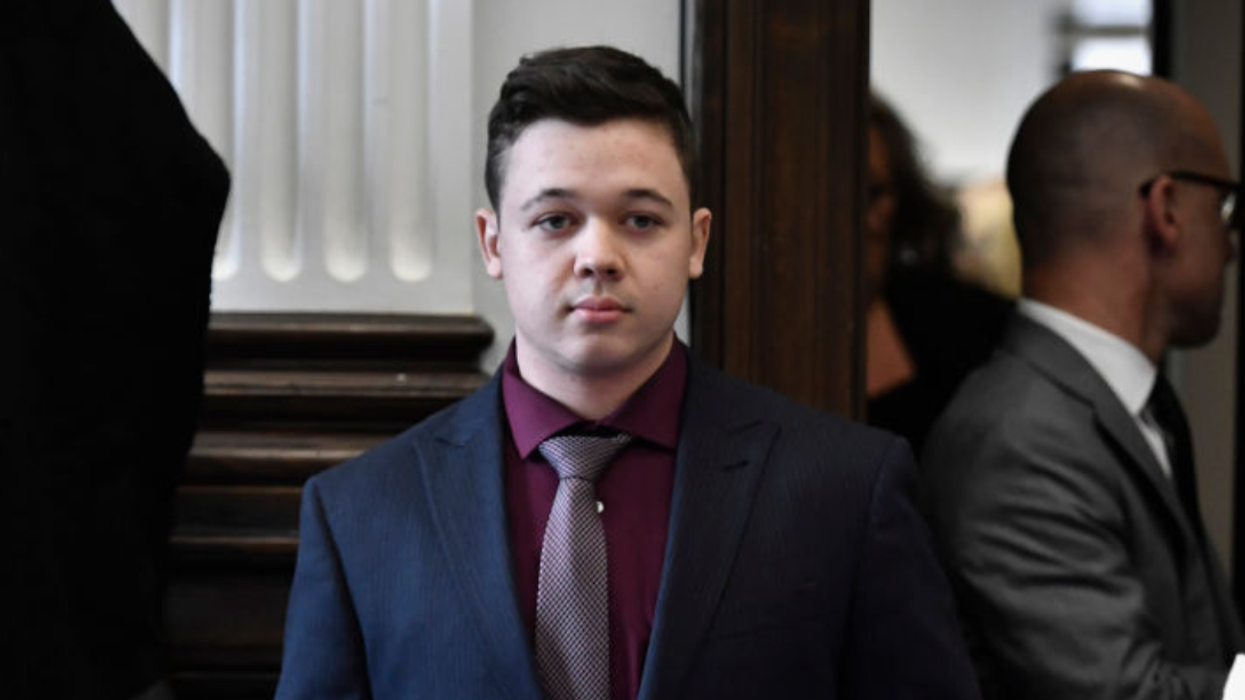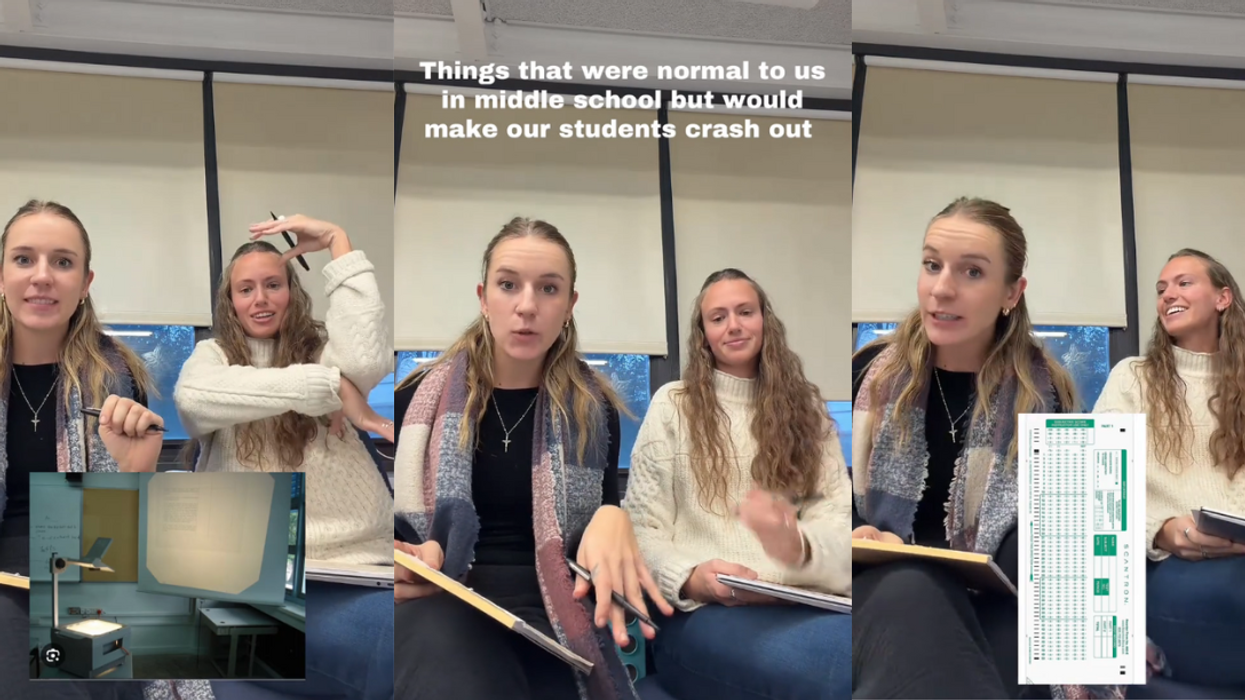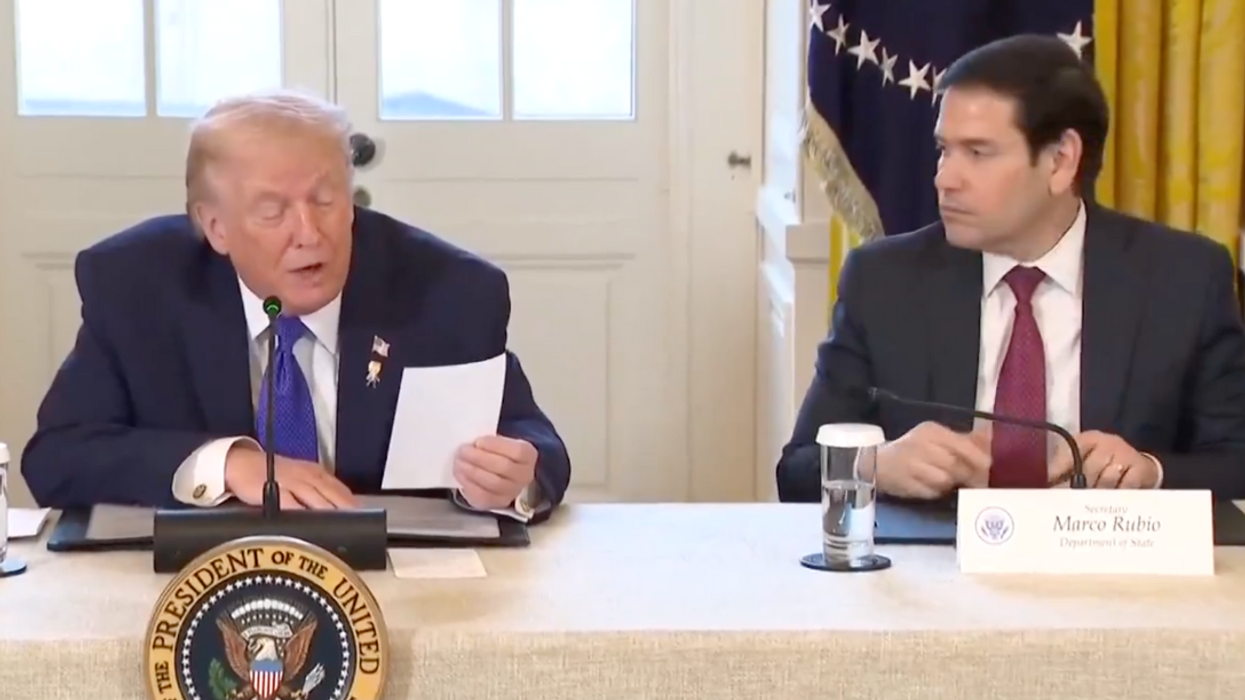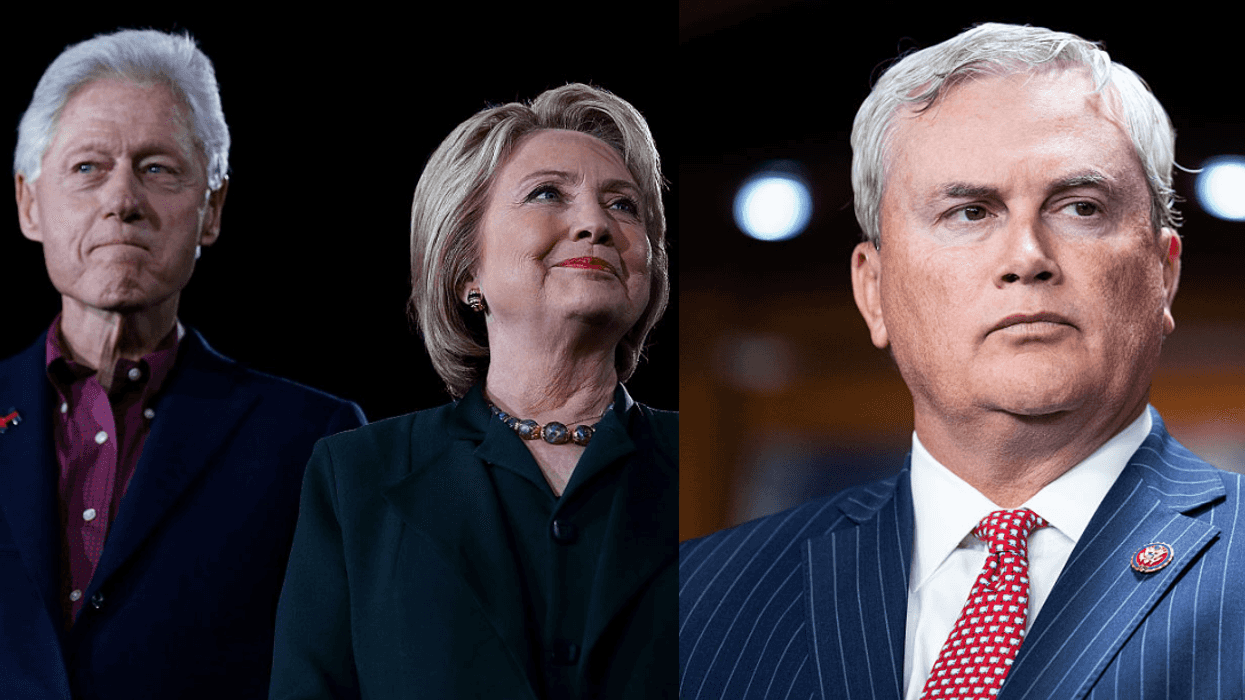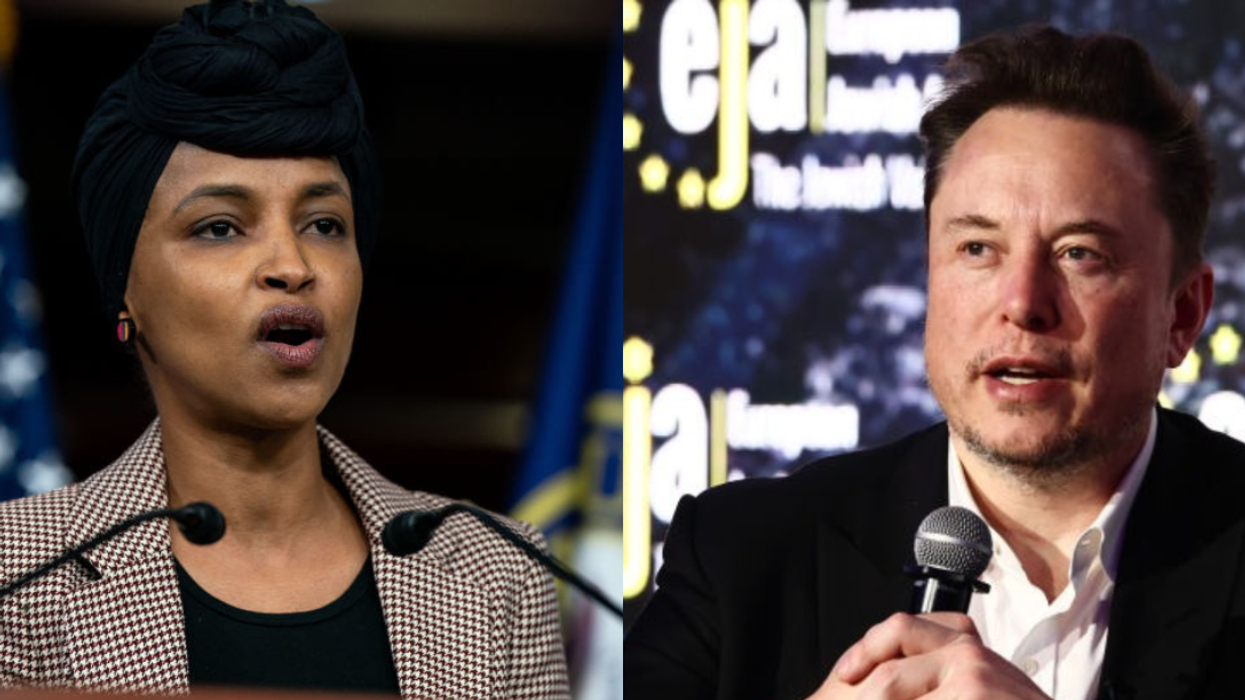“We need all the documents before we can decide whether we are going to do an interview,” stated President Donald Trump's lawyer Rudy Giuliani, speaking to The Washington Post Tuesday about the possibility of his boss answering questions for Special Counsel Robert Mueller. But what documents?
Giuliani says the president's legal team needs to see all documents related to an informant used by the Federal Bureau of Investigation (FBI) during the 2016 presidential campaign. The Washington Post interview is the latest in the media blitz by Giuliani and his boss trying to sell "Spygate" to the American public.
They also hope to increase pressure on Mueller's investigation into Russian interference into the election, including alleged coordination with the Trump campaign.
The president first used the term spygate on Twitter on May 23 in one of his usual morning tweets.
Since then he has used it four more times on Twitter, including as a hashtag, often paired with claims of partisan persecution and references to the Russia probe as a witch hunt. Labeling the Justice Department's investigation into potential Russian election tampering, through their appointed special counsel, a witch hunt was another tactic employed by Trump's team to place pressure on Mueller.
Meanwhile, Trump's mouthpiece, Giuliani used the term in interviews to give the spygate legal maneuver legitimacy. Unsurprisingly, Fox News is already on board, but most of the mainstream media has proven reluctant to latch on to this supposed spygate scandal.
It may be because use of an informant is not uncommon in law enforcement investigations. Also, an informant is not the same as a spy.
Spies are sent by a rival to infiltrate an organization. However informants are members of an organization who choose to share information of potential wrongdoing.
Giuliani had claimed Trump had done no wrong and was eager to speak to Mueller to end the investigation. Now he says he can't decide if the president should speak to the special counsel “until they decide whether they are going to give us the documents or not.”
Trump's legal spokesman also took the call for an interview as proof that Mueller must be near the end of the investigation.
They’re only going to get one shot at him. They know that. I don’t think they would have asked to interview him until they are pretty much finished with everything. You look pretty amateurish if you interview him and you don’t have all the facts gathered.”
When questioned why his boss attacks the Mueller probe so frequently, Giuliani admitted because the tactic is working.
As an effective politician, you’re not going to do something that you don’t think is working. Spygate — that’s the reason — he’s not just ratcheted it up for no reason. He believes it is working, and he is genuinely upset about it.”
But is the spygate tactic, as Giuliani called it, working? It has played well to the president's base, but doesn't seem to have created any new supporters if Twitter responses to Trump's spygate tweets are any indication.




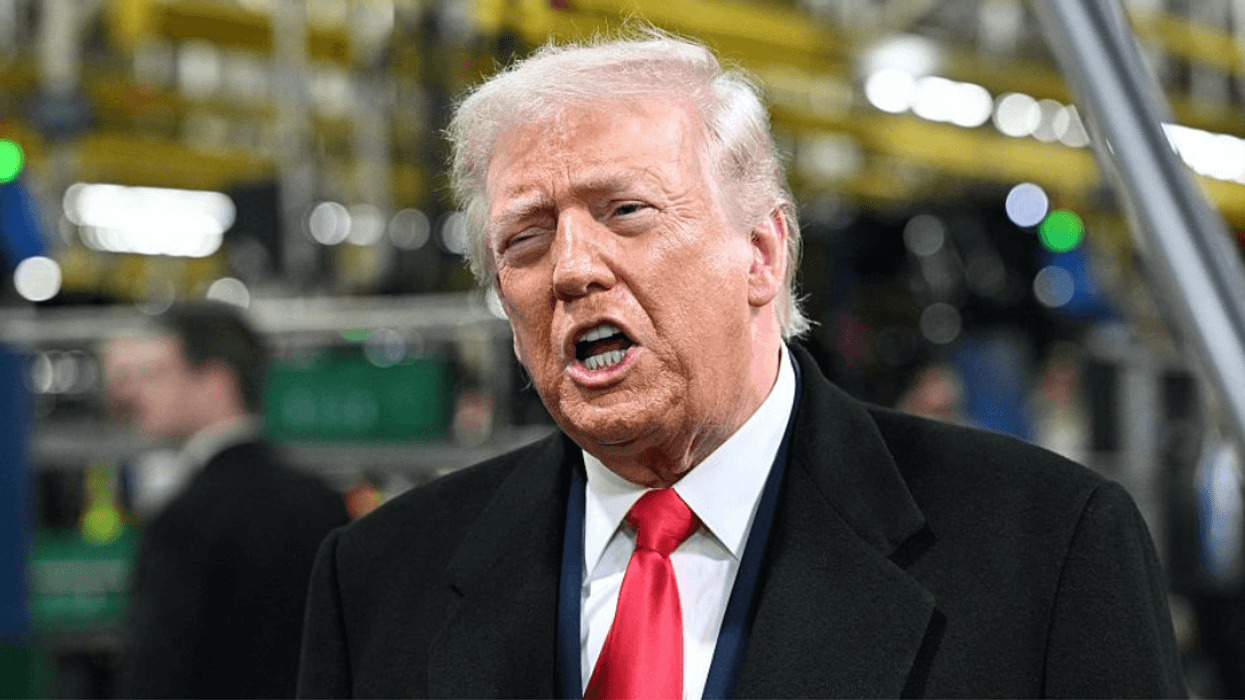


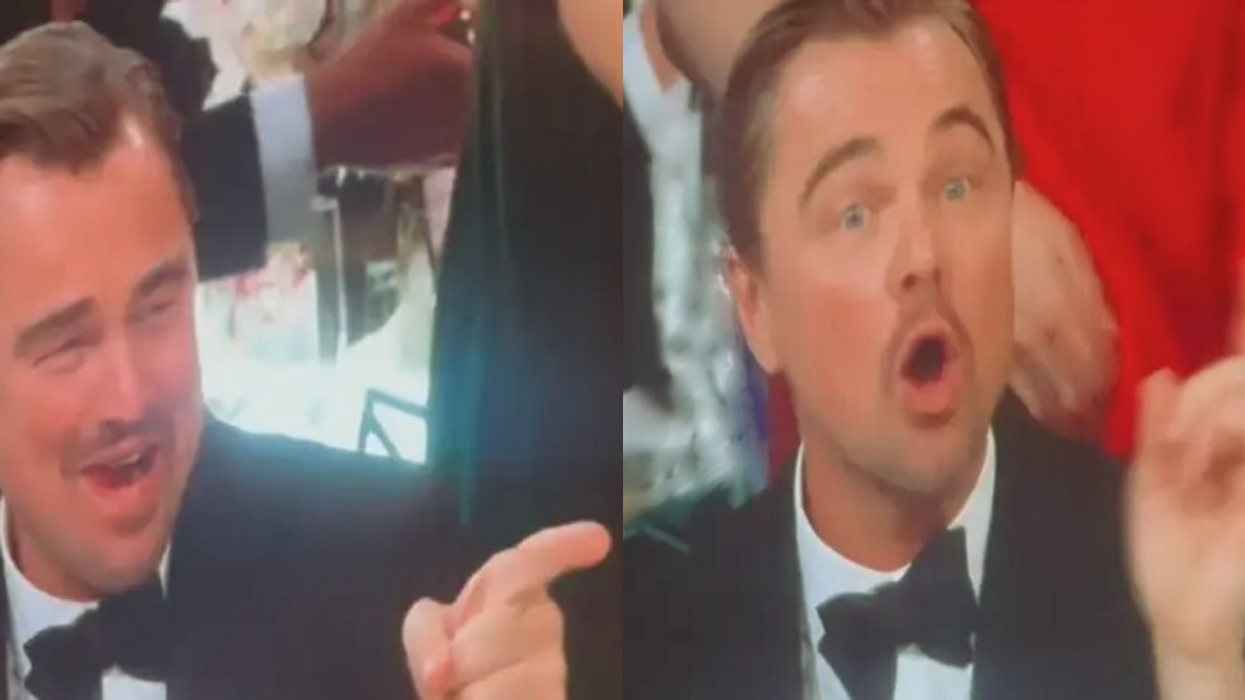
 @tismejackieg/TikTok
@tismejackieg/TikTok

 @tismejackieg/TikTok
@tismejackieg/TikTok @tismejackieg/TikTok
@tismejackieg/TikTok @tismejackieg/TikTok
@tismejackieg/TikTok @tismejackieg/TikTok
@tismejackieg/TikTok @tismejackieg/TikTok
@tismejackieg/TikTok @tismejackieg/TikTok
@tismejackieg/TikTok @tismejackieg/TikTok
@tismejackieg/TikTok @tismejackieg/TikTok
@tismejackieg/TikTok
 @tismejackieg/TikTok
@tismejackieg/TikTok @tismejackieg/TikTok
@tismejackieg/TikTok @tismejackieg/TikTok
@tismejackieg/TikTok